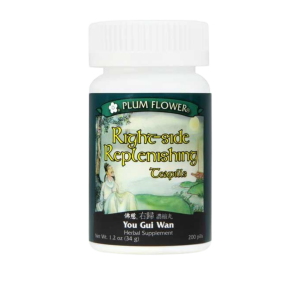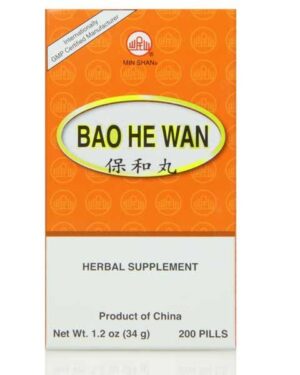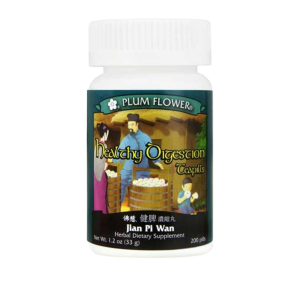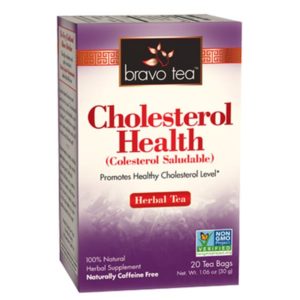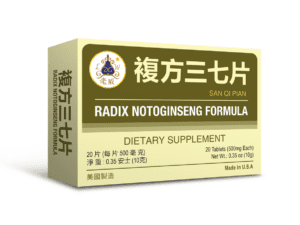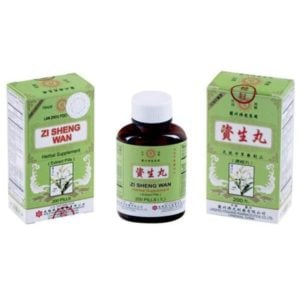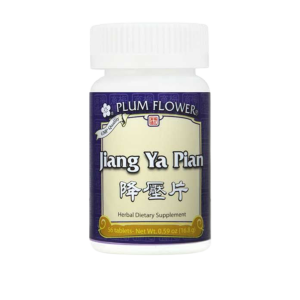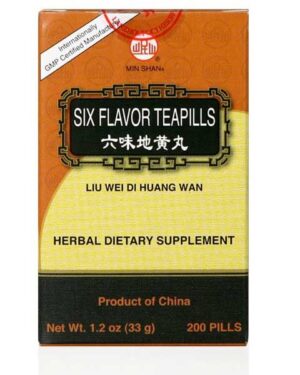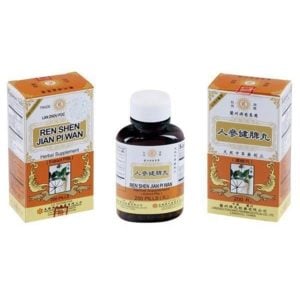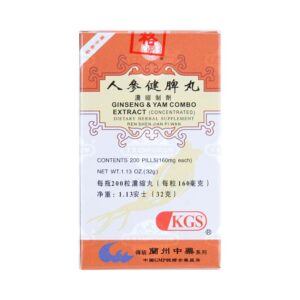Shan Zha
English Name: crataegus, hawthorn berry
Pharmaceutical Name: Fructus Crataegi
Medica Category: Digestive Herbs
Properties: Shan Zha enters the Liver, Spleen, and Stomach channels; it is sweet and sour in nature and slightly warm in temperature.
What is Shan Zha?:
The Chinese Herb Shan Zha is the dried fruit of the Chinese Hawthorn (or Hawberry) tree (Crataegus pinnatifida Bge.; Crataegus cuneata Sieb. et. Zucc.), a deciduous tree that grows up to 15’ tall in temperate climes throughout China. The small, red fruits appear in the late summer after the tree has flowered and are harvested and dried for use as medicine.
Traditional Chinese Medicine (TCM) Therapeutic Actions of Shan Zha:
Shan Zha stimulates the Spleen and Stomach to aid digestion and is particularly effective at helping to digest red meat and greasy, oily food (as in the formula Bao He Wan) that can contribute to general indigestion and food stagnation.
Shan Zha activates blood circulation, reduces swelling, and disperses blood stagnation to treat abdominal pain associated with dysregulated menses and postpartum issues/conditions. It also helps relieve hernial pain and swelling.
In the contemporary practice of TCM in China during modern times, Shan Zha’s action of activating blood circulation to remove stagnation has led to its use to treat hypertension and various manifestations of coronary artery disease.
**safety notes:
Shan Zha should be used with caution in persons with Spleen or Stomach deficiencies. Along this line of thought, long-term use of this herb (generally speaking) will eventually interrupt the normal flow of qi in the Spleen and Stomach and create imbalances.
Shan Zha may promote the production of gastric acid and should be used with care by persons with peptic or duodenal ulcers. Thought should also be given to its use by persons using proton-pump inhibiting drugs to manage acid reflux and related gastrointestinal situations.
Concurrent use of Shan Zha and digoxin (Lanoxin) should be monitored carefully to avoid possible side effects (as they both have marked cardiotonic effects).
Large doses are contraindicated in pregnancy.

